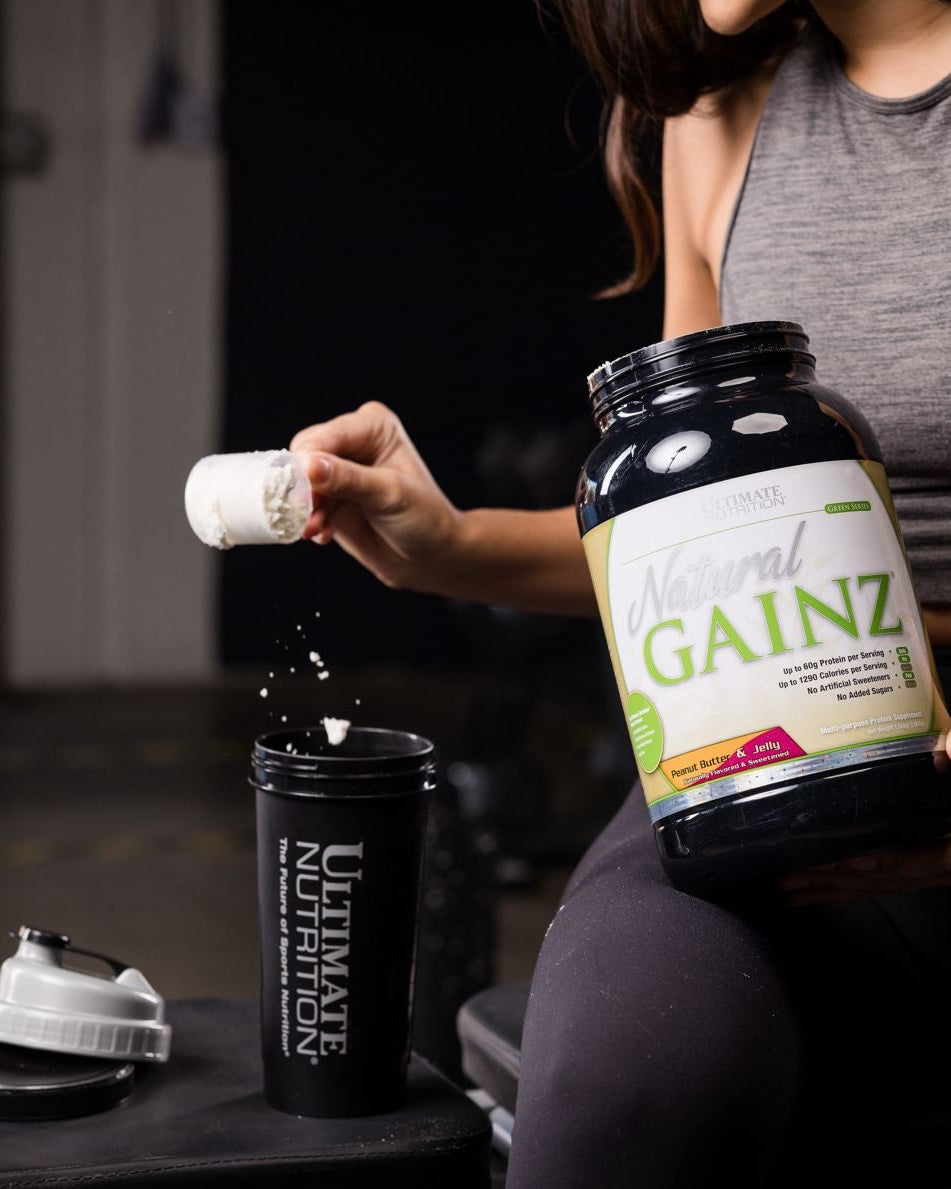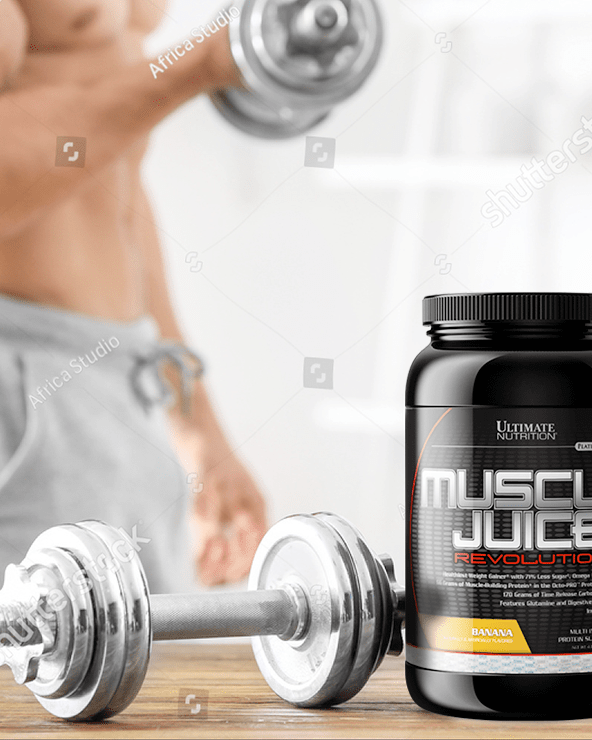Vegan vs. Whey Protein Supplements
Protein powders have become an integral part of the fitness world, aiding athletes, bodybuilders, and health enthusiasts in meeting their protein requirements. When it comes to choosing the right protein powder, the age-old debate between vegan protein powder and whey protein often takes center stage. In this blog post, we will embark on a journey to explore the unique qualities and benefits of both these protein sources, enabling you to make an informed decision tailored to your individual needs and values.
The Rise of Vegan Protein Powder: A Plant-Powered Revolution
In recent years, the popularity of vegan protein powder has witnessed an impressive surge. As more individuals embrace plant-based lifestyles and seek alternatives to animal-based products, vegan protein powder has emerged as a prominent player in the protein supplementation market. This rise can be attributed to several key factors that have propelled the plant-powered revolution.
Health Consciousness and Nutritional Advancements
Health consciousness has become a significant driving force behind the increased demand for vegan protein powder. People are becoming more aware of the impact their food choices have on their overall well-being. Plant-based diets have been associated with numerous health benefits, including reduced risk of chronic diseases like heart disease, diabetes, and certain types of cancer.
Vegan protein powders have evolved considerably in terms of their nutritional profile. Earlier iterations were often criticized for lacking essential amino acids, particularly the elusive vitamin B12. However, advancements in food science and manufacturing techniques have enabled the creation of complete protein sources by combining different plant-based ingredients. Modern vegan protein powders now offer a well-balanced amino acid profile, making them nutritionally comparable to their animal-based counterparts.

Environmental Consciousness and Sustainability
Concerns about environmental sustainability have also fueled the rise of vegan protein powder. Livestock farming, particularly the production of animal-based proteins like whey, contributes to deforestation, greenhouse gas emissions, and water pollution. In contrast, plant-based protein powders require significantly fewer resources, including land, water, and energy, making them a more sustainable choice.
By opting for vegan protein powder, individuals can reduce their ecological footprint and contribute to the preservation of natural resources. This alignment with environmental values has resonated with a growing number of consumers, leading to a surge in the adoption of plant-based protein sources.
Expansion of Plant-Based Options

The availability and variety of vegan protein powders have expanded considerably in recent years. Initially, plant-based protein powders were limited to a few options like soy and rice protein. However, as the demand increased, manufacturers responded by developing innovative formulations using alternative plant sources.
Today, consumers can choose from a wide range of plant-based proteins, including pea, hemp, quinoa, chia, and pumpkin seed. These diverse options provide not only different flavor profiles but also unique nutritional benefits. For example, pea protein is rich in branched-chain amino acids (BCAAs), while hemp protein offers a balanced omega-3 to omega-6 fatty acid ratio. This expansion of plant-based options has catered to the preferences and dietary needs of a broader consumer base, further bolstering the rise of vegan protein powder.
Changing Perceptions and Taste Sensibilities
The perception of vegan protein powder has also undergone a transformation. In the past, plant-based protein powders were often associated with a gritty texture, earthy taste, and an overall inferior sensory experience compared to whey protein. However, advancements in formulation and flavoring techniques have led to significant improvements in taste, texture, and overall palatability.
Manufacturers have invested in creating delicious flavor profiles, including chocolate, vanilla, strawberry, and more, while also enhancing the smoothness and creaminess of vegan protein powders. These improvements have attracted consumers who may have been hesitant to try plant-based options in the past, further contributing to the rise in popularity.
Embracing a Plant-Powered Future
The rise of vegan protein powder signifies a broader shift toward plant-based living. As individuals become more conscious of their health, the environment, and animal welfare, the demand for sustainable and ethical alternatives to animal-based products continues to grow. Vegan protein powder offers a compelling solution, providing a viable and nutrient-rich source of protein without the associated environmental impact or ethical concerns.
As the plant-powered revolution continues to gain momentum, it is likely that vegan protein powder will continue to evolve and innovate. Research and development efforts are focused on enhancing the nutritional profile, improving taste and texture, and expanding the range of available plant-based protein sources.
Future advancements may include the utilization of novel ingredients with unique nutritional properties, such as algae or cricket protein. These alternative protein sources have the potential to further diversify the plant-based protein powder market, catering to specific dietary requirements and preferences.
Furthermore, technological advancements in food processing and formulation are likely to continue improving the overall quality of vegan protein powders. Innovative techniques, such as microencapsulation, may be employed to enhance solubility, increase bioavailability, and improve the overall sensory experience of plant-based protein powders.
As the demand for vegan protein powder grows, its accessibility is also expected to increase. It is likely that more mainstream retailers and health food stores will carry a wider selection of plant-based protein powders, making them readily available to a larger consumer base. This increased accessibility will make it easier for individuals to embrace plant-powered nutrition and enjoy the benefits of vegan protein powder.
In addition to the rise of vegan protein powder, the plant-based movement extends beyond protein supplementation alone. Plant-based diets are gaining traction, and vegan alternatives to various food products, such as dairy, meat, and eggs, are becoming increasingly popular. This collective shift towards plant-based living reflects a broader societal desire to make more sustainable and compassionate choices.
The rise of vegan protein powder represents a significant shift in the way people approach protein supplementation.
Health-conscious individuals are increasingly recognizing the benefits of plant-based diets, while environmental concerns drive the demand for more sustainable protein sources. With advancements in formulation, taste, and variety, vegan protein powders have become a viable and attractive option for individuals seeking high-quality, plant-powered nutrition.
As the popularity of vegan protein powder continues to soar, it is crucial to ensure that consumers have access to accurate information and guidance. Consulting with healthcare professionals and registered dietitians before taking any new nutritional product can help individuals make informed decisions based on their unique nutritional needs and goals.
Whether you choose vegan protein powder or opt for whey protein, the most important aspect is to prioritize your health, sustainability, and personal values. Embrace the plant-powered revolution and nourish your body with the protein it needs, while making a positive impact on your well-being and the world around you.

Whey Protein: The Gold Standard
Whey protein, derived from milk, has long been hailed as the gold standard in protein supplementation. It is a complete protein source and is known for its high bioavailability and rapid absorption, making it an excellent option for post-workout recovery.
Complete Amino Acid Profile
Whey protein is considered a complete protein, as it contains all nine essential amino acids that the body needs for optimal health. This comprehensive amino acid profile, including a high concentration of branched-chain amino acids (BCAAs), is beneficial for muscle recovery and growth.
Muscle Building and Recovery

Whey protein contains all nine essential amino acids, including an abundance of branched-chain amino acids (BCAAs). These BCAAs play a crucial role in muscle protein synthesis, facilitating muscle recovery and growth. Whey protein has been extensively studied and proven to be highly effective in promoting muscle building.
Fast Absorption and Digestibility
Whey protein is renowned for its rapid absorption, which makes it ideal for post-workout consumption. It quickly delivers amino acids to muscles, promoting efficient recovery and minimizing muscle breakdown. Additionally, whey protein is easily digestible, allowing for quick utilization by the body.
High Biological Value
Whey protein is renowned for its high biological value (BV), which measures how efficiently the body can use the protein for various physiological functions. With a BV of 104, whey protein stands at the top of the scale, indicating its superior quality and utilization by the body.
Leucine Content
Whey protein is particularly rich in the essential amino acid leucine. Leucine plays a crucial role in stimulating muscle protein synthesis, making whey protein an effective choice for muscle growth and recovery.
Immune-Boosting Properties
Whey protein contains bioactive compounds, such as immunoglobulins and lactoferrin, which have been shown to support immune function. These compounds can enhance the body's defense against pathogens and contribute to overall immune system health.
Weight Management Support
Whey protein has been associated with weight management benefits. Its high protein content helps promote satiety and reduce appetite, potentially leading to decreased calorie intake. Additionally, the thermogenic effect of protein digestion can contribute to increased calorie expenditure.
Variety and Flavor Options
Whey protein comes in a wide array of flavors and forms, including isolate, concentrate, and hydrolysate. Each form offers different protein concentrations and processing methods. Additionally, whey protein products are widely available and can be found in numerous flavors and formulations, catering to diverse taste preferences. This variety allows individuals to choose their preferred taste and texture, enhancing overall satisfaction.
Versatility in Recipes
Whey protein's excellent solubility and neutral flavor profile make it versatile for various culinary applications. It can be easily incorporated into shakes, smoothies, baked goods, and other recipes to increase protein content and add a creamy texture.
Research and Scientific Support
Whey protein has been extensively studied, and its benefits are well-documented in scientific literature. The abundance of research on whey protein's effects on muscle protein synthesis, exercise recovery, and body composition further solidifies its position as a reliable and effective protein source.
Both forms of protein powder have great benefits
 In the clash between vegan protein powder and whey protein, there is no definitive winner. Both options offer unique advantages and cater to different preferences and dietary choices. If you follow a vegan or vegetarian lifestyle, have lactose intolerance, or prioritize sustainability, vegan protein powder may be the optimal choice for you. On the other hand, if you seek rapid absorption, complete amino acid profiles, and a long-standing track record of muscle-building prowess, whey protein remains a reliable option.
In the clash between vegan protein powder and whey protein, there is no definitive winner. Both options offer unique advantages and cater to different preferences and dietary choices. If you follow a vegan or vegetarian lifestyle, have lactose intolerance, or prioritize sustainability, vegan protein powder may be the optimal choice for you. On the other hand, if you seek rapid absorption, complete amino acid profiles, and a long-standing track record of muscle-building prowess, whey protein remains a reliable option.
Ultimately, the choice between vegan protein powder and whey protein depends on your personal goals, values, and dietary needs. Remember to consult with a your doctor before you begin taking any new nutritional product and starting a new diet.






















